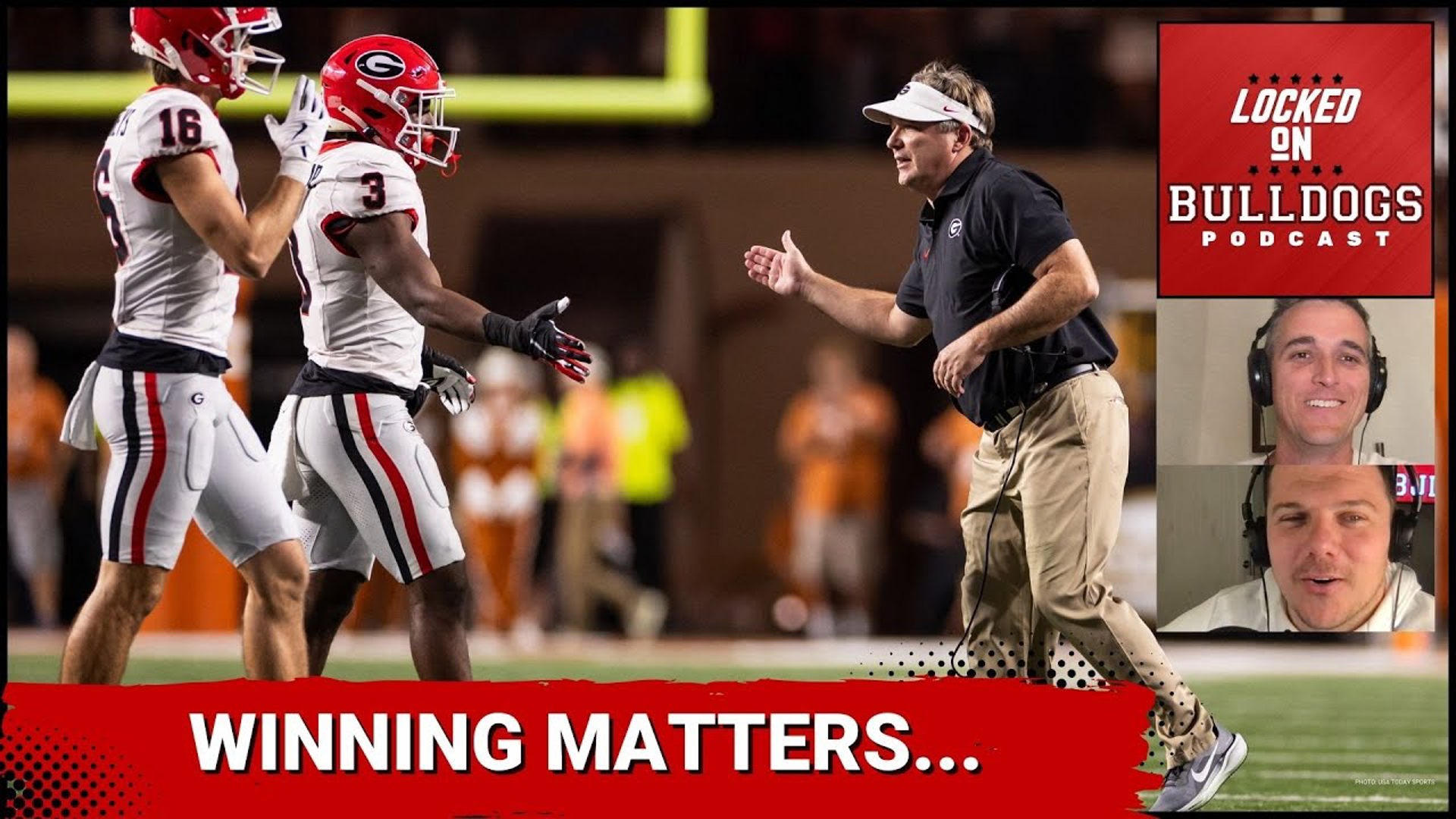KANSAS CITY, Mo. (AP) -- Herm Edwards, the head coach of the Kansas City Chiefs during the worst two-year span in team history, was fired Friday.
Edwards goes out with a three-year regular-season record of 15-33 and with one year remaining on a four-year, $12 million contract. As head coach of the New York Jets in 2001-05, he had a regular-season mark of 39-41 and was 2-3 in the playoffs.
Edwards had been waiting to learn his fate since president and general manager Carl Peterson abruptly resigned on Dec. 15. When Scott Pioli was introduced as Peterson's successor on Jan. 13, he was noncommittal and said only that he intended to speak with Edwards.
"This was not an easy decision. Herm is an outstanding football coach and a man of integrity. We appreciate his leadership over the past three seasons, and we wish him all the best in the future," Chiefs owner Clark Hunt said in a written statement.
Pioli said he has had several conversations with Edwards over the last week.
"After careful consideration, Clark and I felt that it was best to make a change," Pioli said.
Bob Moore, a spokesman for the team, said the Chiefs didn't have a timeline for replacing Edwards. He said all the assistant coaches still with Kansas City are under contract.
Edwards expressed his gratitude to the Hunt family and said he respected "the tough decision that was made to move in a new direction."
"There is not a more gracious family in all of professional sports than the Hunts," Edwards said in a statement released by the team. "To the players and coaches who worked so hard for our team, I appreciate their efforts."
After Edwards and Peterson launched a full-fledged rebuilding project in 2008, youth and injury led to a 2-14 record and a distressful two-year tally of 6-26 that cost both men their jobs. Particularly embarrassing to Edwards was a defense that managed only 10 sacks this season, gave up a team-record 332 yards rushing in one game and a team-record 54 points in another. Edwards had promised on his first day as head coach to repair the weak defense that characterized the five-year Dick Vermeil regime.
Following a 10-year career as an NFL cornerback, Edwards' first experience with Kansas City came as a training camp assistant in 1989. Seventeen years later, he had the distinction of being the first man to become head coach of the team that brought him into the NFL through the league's minority coaching fellowship program.
In spite of the losses, his players remained loyal to their charismatic coach whose background as a cornerback on Philadelphia's 1980 Super Bowl team gave him a special rapport.
"A coach's main job is to make sure a team is prepared," Pro Bowl guard Brian Waters, one of the Chiefs' few veterans, said shortly before Kansas City ended this season. "There is no doubt that this team has been well prepared every week. Herm and the coaches can't go onto the field and make plays. That's up to the players, and that's just something we haven't done this year. In no way do I think Herm is responsible for our record."
Edwards' most costly mistake may have been overlooking Brodie Croyle's history of injuries and designating him as the foundation quarterback. A third-round pick out of Alabama in 2006, Croyle could never stay healthy and was 0-8 as a starter when he went down for the season with a knee injury.
Edwards' first year in Kansas City was a success. The Chiefs went 9-7 and captured the last wild-card playoff spot. He became only the fifth man to take two different teams to the postseason in his first year as head coach; the Jets went to the playoffs three times in his five seasons there.
He wanted to begin dismantling an aging team and start rebuilding in 2007. But he ran into opposition from a front office that felt there was enough left for another playoff run. After an encouraging 4-3 start, age and ineffectiveness at several key positions created problems and Kansas City ended 2007 on a nine-game losing streak.
With Hunt's blessing, Edwards finally launched his youth movement in 2008 and opened the season at New England with the youngest squad in the league.
He knew it was going to be a difficult chore because of all the youth. But he did not foresee an injury epidemic that robbed him of his two top quarterbacks, made a shambles of the linebacker corps and weakened the defensive line, offensive line and secondary.
---
Associated Press Sports Writer Doug Tucker contributed to this report.
© 2009 The Associated Press. All rights reserved. This material may not be published, broadcast, rewritten or redistributed.



